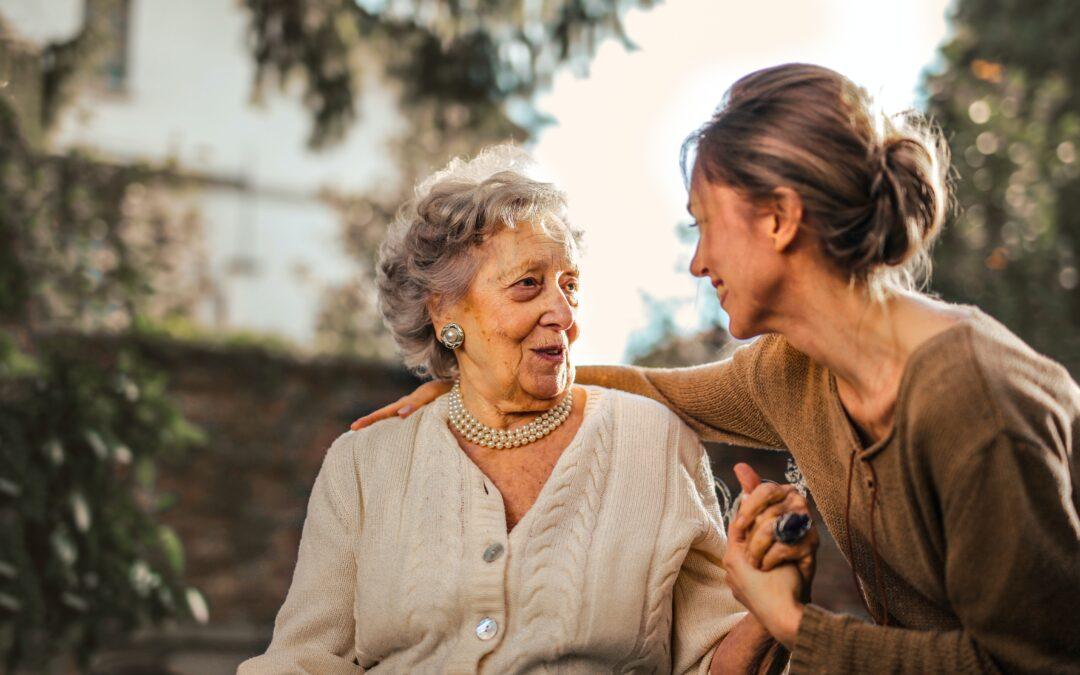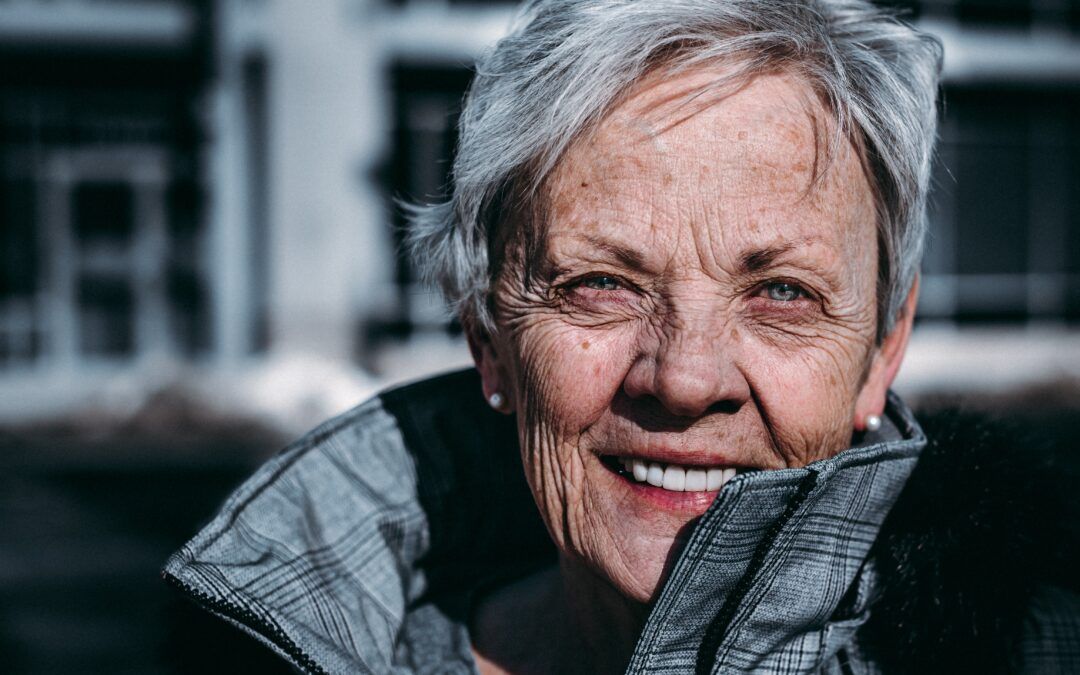


The best Alzheimer’s care options for your spouse
The signs of dementia, and related diseases, are not always easy to distinguish from signs of ageing. Often by the time that one realizes their ageing loved one is, in fact, showing signs of a dementia-related illness, it may already have advanced rapidly. When a...
What are my frail care options in Cape Town?
In this article, we will be discussing what your frail care options in Cape Town and Johannesburg are. Taking care of a friend or family can be just as rewarding as difficult. When it comes to taking care of frail parents or loved ones, most people are not trained to...
When is it time for the next step in a loved one’s dementia care?
Families caring for a loved one with dementia often find that as the condition progresses, not only does it become more difficult to provide the level of dementia care required but the stress associated with full-time care also takes a toll on the family. Coming to...
How to approach personal care when caring for someone with dementia
Your approach to personal care should always take full account of the feelings and dignity of the person you are helping. People with dementia cannot always tell you if they feel embarrassed. Personal care must be given to the individual; it’s not just a matter of...